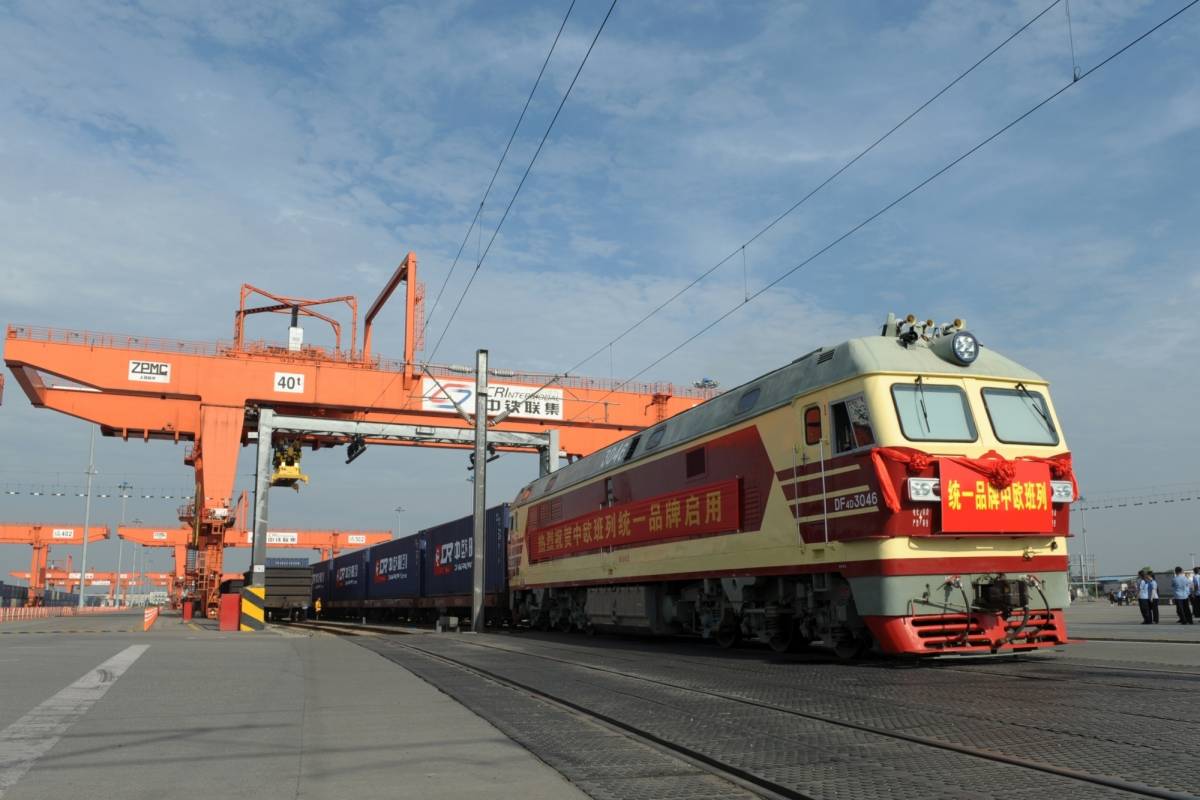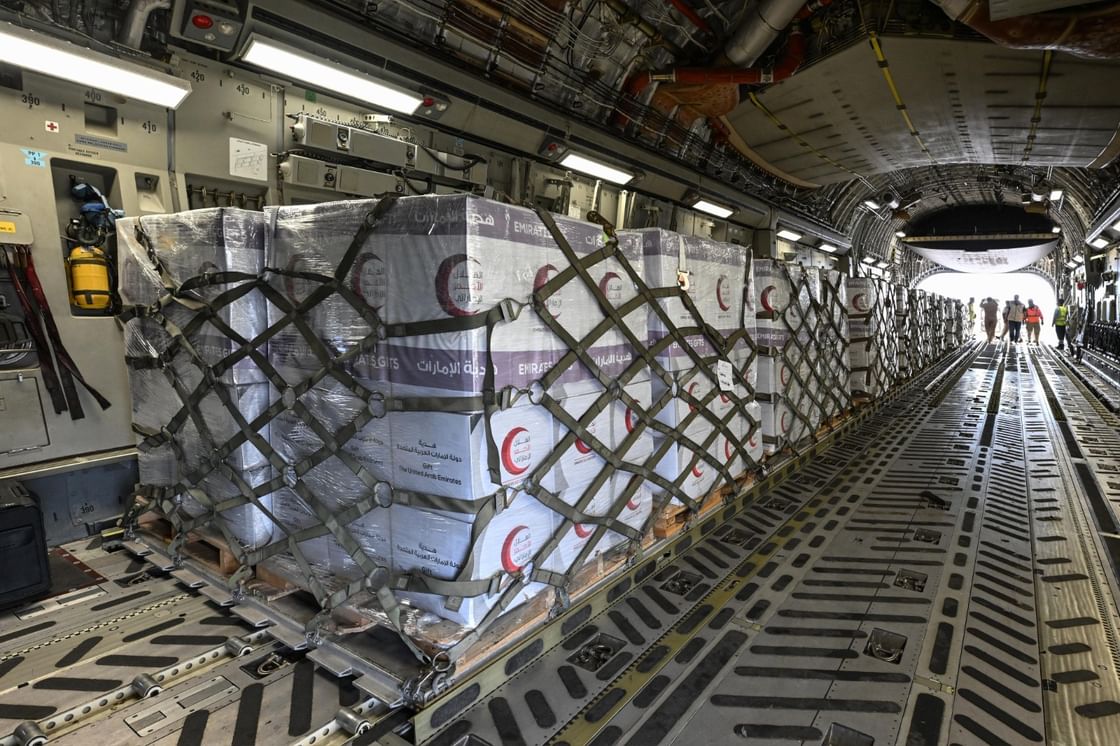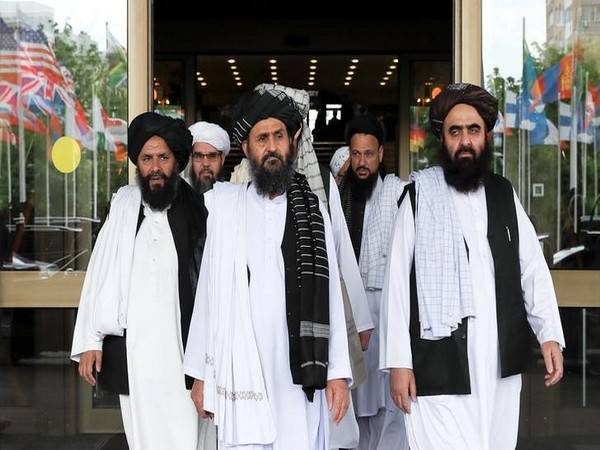The fall of the Ashraf Ghani-led government in Afghanistan, backed by US military troops on Afghan soil since 2001, has revealed itself as an opportunity for China to step in America’s shoes….reports Asian Lite News
The Taliban’s unpredictable takeover of Afghanistan has ushered in a tumultuous second innings for the country, as the world watches the developments closely.
Many countries have made key investments in Afghanistan, and China being a large stakeholder in the country is now actively evaluating its response as it seeks to protect its multi-billion dollar investments and infrastructure projects, including the Belt and Road initiative.
Despite facing global condemnation of the Taliban’s takeover of Afghanistan, China was one of the first nations to quickly extend its support and acknowledgment of the new regime, which the Taliban has graciously welcomed.
The fall of the Ashraf Ghani-led government in Afghanistan, backed by US military troops on Afghan soil since 2001, has revealed itself as an opportunity for China to step in America’s shoes.
What China fails to realise is that the US presence played an important role as a deterrent which protected the various investments made globally in Afghanistan, including that of China’s.
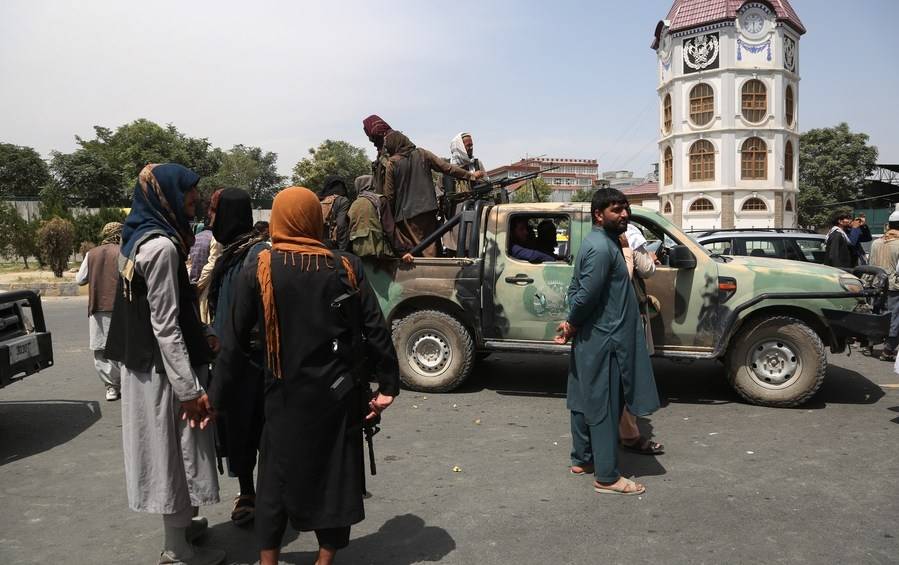
US President Joe Biden’s decision to pull out US military troops spells chaos for Beijing too as China, over the years, has invested and raised huge infrastructure projects and has extended huge loans to Islamabad as part of the Belt and Road Initiative (BRI), President Xi Jinping’s star project in Asia, which seeks to rekindle the famed Silk road.
The BRI is one of the most coveted projects of Jinping that requires active support of the South Asian countries, including Afghanistan.
China’s $282 billion investment as part of the BRI in Asia, Africa, Latin America and Europe is therefore now sitting at a precipice as the unhinged Taliban has once again taken over Afghanistan, which poses a major threat to the BRI project.
Pakistan has been a major beneficiary of Chinese investments in Asia, but Beijing has started to raise concerns after the incident of bomb blast on a Chinese shuttle bus in northern Pakistan made news. The blast had killed nine Chinese engineers, who were working on the $4 billion Dasu hydroelectric dam.
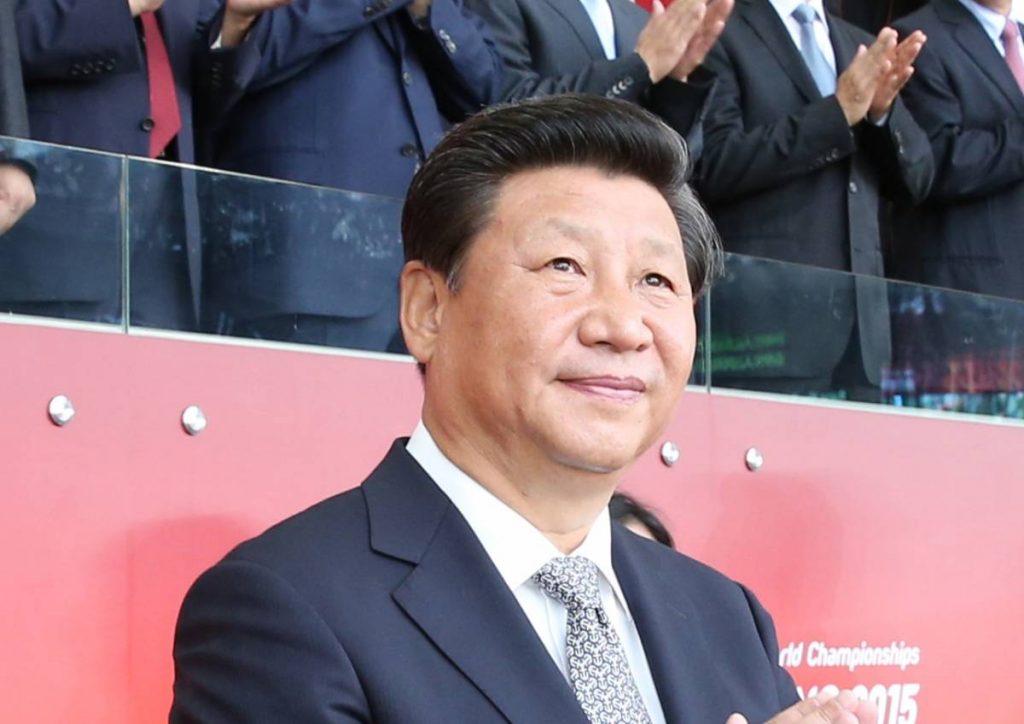
A month after the blast, Pakistan placed blame on the Taliban for the attack, claiming that Afghan soil was used for the incident. Such incidents serve as an example of what uncontrolled terror groups with enormous power can do in the disputed territories.
The troubling aspect for China is the way the CCP and Jinping make key investment decisions in South Asia, which are mostly forward looking.
Resultantly, China has shelled out large loans to countries like Afghanistan and Pakistan to secure its BRI dream. However, such a forward-looking strategy often falls on its head when regimes can change overnight in unstable territories, and China therefore willingly or unwillingly must extend its support to the Taliban, a group that by its very nature is highly erratic and poses a threat to all investments made in Afghanistan by countries globally.
The Chinese Communist Party’s (CCP) unplanned money shower in these disputed nations may possibly result in a blowback to the BRI, which further strains its own economy and its people as the nation is recovering from the devastating impact of the Covid-19 pandemic.
Although the CCP has been quick to jump the gun and join hands with the Taliban by acknowledging their regime, the Taliban government 2.0 is an uncharted territory.
China clearly undermined the importance of the 20-year-old US presence in Afghanistan. One superpower’s exit may not necessarily be an opportunity for the supposed other.
China now needs to carefully evaluate its support to the Taliban if it is to realise Jinping’s ambitious Belt and Road Initiative.

